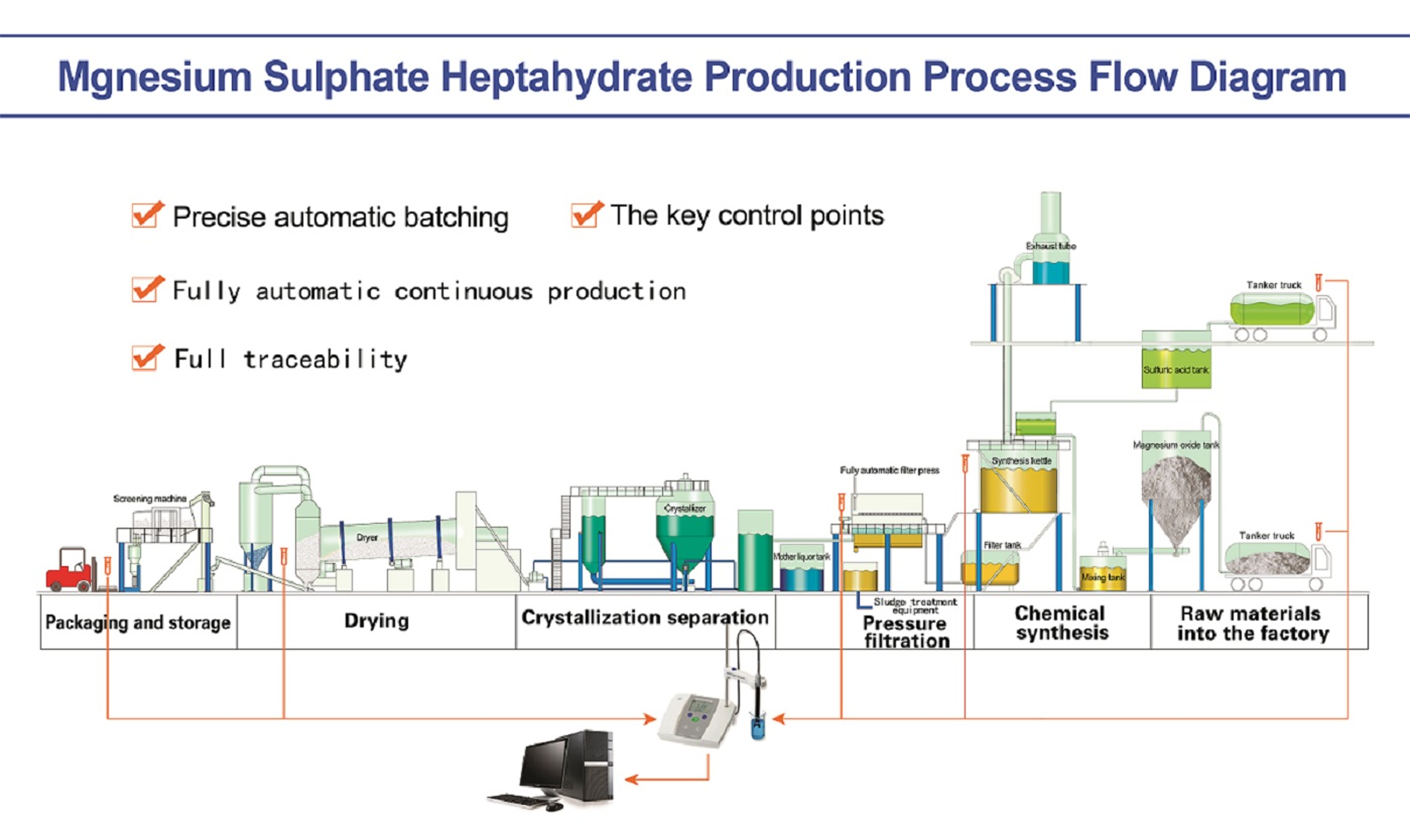Ethylenediaminetetraacetic acid (EDTA) is a versatile chelating agent with a wide range of applications across various fields. Here are some of its primary uses:
### 1. **Industrial Applications**
- **Metal Ion Removal**: EDTA is used in various industrial processes to remove metal ions from solutions. It is particularly effective in water treatment, where it helps to soften water by binding calcium and magnesium ions.
- **Cleaning Agents**: It is often included in detergents and cleaning products to enhance their effectiveness by sequestering metal ions that can interfere with cleaning.
### 2. **Medical Uses**
- **Chelation Therapy**: EDTA is used in medicine for chelation therapy to treat heavy metal poisoning, such as lead or mercury. It binds to these metals, allowing them to be excreted from the body.
- **Laboratory Reagent**: In biochemistry, EDTA is used as a reagent in various assays and experiments to inhibit enzymatic activity by chelating metal ions that are necessary cofactors for certain enzymes.
### 3. **Agricultural Applications**
- **Nutrient Delivery**: EDTA is used to improve the availability of micronutrients in fertilizers. It can form stable complexes with essential nutrients like iron, making them more accessible to plants.
### 4. **Food Industry**
- **Food Preservative**: EDTA is used in food processing as a preservative and stabilizer. It helps to prevent discoloration and maintain the quality of food by binding metal ions that can cause spoilage.
### 5. **Cosmetics and Personal Care Products**
- **Stabilizer and Chelating Agent**: In cosmetics, EDTA is often included in formulations to enhance product stability and improve the effectiveness of preservatives by sequestering metal ions.
### 6. **Research and Analytical Chemistry**
- **Analytical Reagent**: EDTA is commonly used in titrations and various analytical methods to determine the concentration of metal ions in a solution.
### Conclusion
EDTA’s ability to bind to metal ions makes it a valuable compound in many industries, from healthcare and agriculture to cleaning and food preservation. However, its environmental impact and persistence in ecosystems have raised concerns, leading to discussions about the need for alternatives in certain applications.




 Guarantee safe
Guarantee safe 






